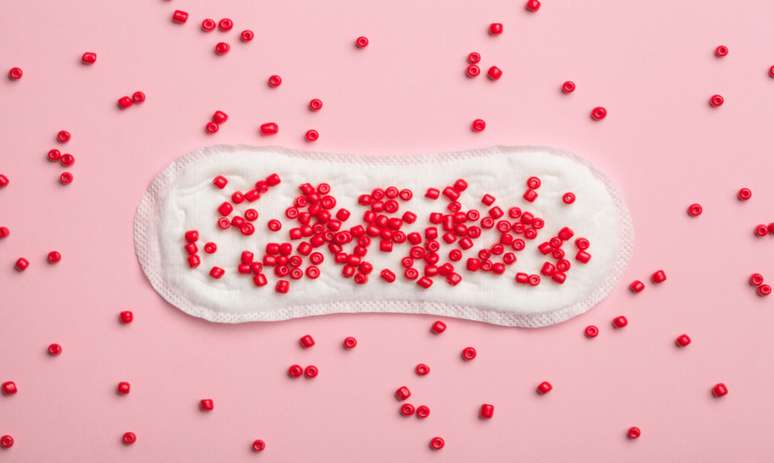The expert points out that the use of more than 16 pads during menstruation may indicate some irregularities in the body
Periods can be a completely different experience for every woman. There are those who, for example, have little control over their cycle, often because they have very few periods. On the other hand, there are also those who fear the arrival of the menstrual cycle, usually due to an abundant flow.
html[data-range=”xlarge”] figure image img.img-b11060af07507e438083ff3a8a73cf53nfkp7aey { width: 774px; height: 463px; }HTML[data-range=”large”] figure image img.img-b11060af07507e438083ff3a8a73cf53nfkp7aey { width: 548px; height: 328px; }HTML[data-range=”small”] figure image img.img-b11060af07507e438083ff3a8a73cf53nfkp7aey, html[data-range=”medium”] figure image img.img-b11060af07507e438083ff3a8a73cf53nfkp7aey { width: 564px; height: 337px; }HTML[data-range=”small”] .article__image-embed, html[data-range=”medium”] .article__image-embed {width: 564px; margin: auto 0 30px; }
According to a study submitted by the chemical and pharmaceutical company Bayer to the National Health Agency, one in 10 women suffer from abnormal uterine bleeding (AUB), which causes heavy bleeding during menstruation. Furthermore, the survey also indicated that 59% of them are unaware that they suffer from this condition.
To notice any abnormality, it is necessary to be aware of the rhythm of menstruation. The woman who requires more than 16 pads per cycle, for example, is surely suffering from some type of dysregulation in her body.
Causes of heavy flow
Dr. Viviane Monteiro, gynecologist, advises women experiencing excessively heavy and long menstrual flow to consult a gynecologist as soon as possible, as it could be menometrorrhagia or menorrhagia, a condition that negatively affects quality of life and health.
“Many consequences and complications can arise from a very heavy and long menstrual flow, such as anemia, due to loss of nutrients with excessive bleeding, discomfort and pain, as well as being an alarm for future complications such as uterine fibroids, polyps, disorders clotting or hormonal,” he warns.
How to treat abnormal uterine bleeding (AUB)?
The only treatment available for AUB in the Supplementary Health System is invasive. This is a hysterectomy, which involves removing the uterus, which can affect the ovaries and fallopian tubes, depending on the severity.
Health experts point out that choosing a contraceptive and implanting a hormonal intrauterine device (IUD) to help fight excessive bleeding can help a lot.
“The intrauterine device (IUD) is a treatment option that can be effective in helping to control excessive menstrual bleeding and is not as invasive as surgery. The IUD can reduce the flow by up to 98%. The hormones in the IUDs act directly on the uterus, thinning the mucous membrane, which reduces the flow and also the cramps”, points out Viviane Monteiro.
Source: Terra
Ben Stock is a lifestyle journalist and author at Gossipify. He writes about topics such as health, wellness, travel, food and home decor. He provides practical advice and inspiration to improve well-being, keeps readers up to date with latest lifestyle news and trends, known for his engaging writing style, in-depth analysis and unique perspectives.








